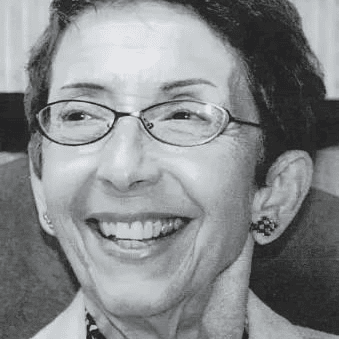The Eugenia M. Palmegiano Prize in the History of Journalism is awarded annually to the author of the most outstanding book published in English on any aspect of the history of journalism, concerning any area of the world, and any period.
Books that focus on the recent past should have a significant historical component. Books that deal with journalism in relation to other forms of mass communication are eligible for consideration. The current prize amount is $1,000.
The general rules for submission are:
- Books with a copyright of 2024 are eligible for the 2025 award.
- Nomination submissions may be made by an author or by a publisher. Publishers may submit as many entries as they wish. Authors or publishers may submit the same book for multiple AHA prizes.
- Nominators must complete an online prize submission form for each book submitted. Once you fill out the form you will receive an email with the committee’s contact information.
- One copy of each entry must be sent to each committee member and clearly labeled “Palmegiano Prize Entry.” Print copies preferred unless otherwise indicated. If only e-copy is available, please contact review committee members beforehand to arrange submission format.
Please Note: The competition will open in mid-March. Entries must be received by May 15, 2025, to be eligible for the 2025 competition. Entries will not be returned. Recipients will be announced on the AHA website in October 2025 and recognized during a ceremony at the January 2026 AHA annual meeting in Chicago.
For questions, please contact the Prize Administrator.

Eugenia Palmegiano
Eugenia Palmegiano (1939–2024) was professor emerita of history at Saint Peter's College. She specialized in bibliographies on the Victorian era. Her books include Crime in Victorian Britain: An Annotated Bibliography from Nineteenth-Century British Magazines (1993); The British Empire in the Victorian Press, 1832–1867 (1987); and Women and British Periodicals, 1832–1867: A Bibliography (1976).
Past Recipients
Current Recipient
Kathryn Cramer Brownell, Purdue University
24/7 Politics: Cable Television and the Fragmenting of America from Watergate to Fox News (Princeton Univ. Press)
Kathryn Cramer Brownell offers an important analysis of the origins of our fractured and fractious media environment in her excellent book. She traces television’s role in political party strategies from Richard Nixon’s understanding of the impact of early cable networks to the politicization of individual news networks that fractured and divided viewing audiences in the 1990s. Brownell deftly shows readers how media companies, politicians, and news celebrities made money and created devoted, cultlike audiences that would challenge decades-old democratic norms in the age of Donald Trump.